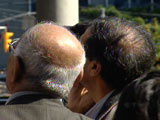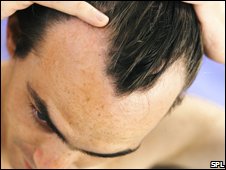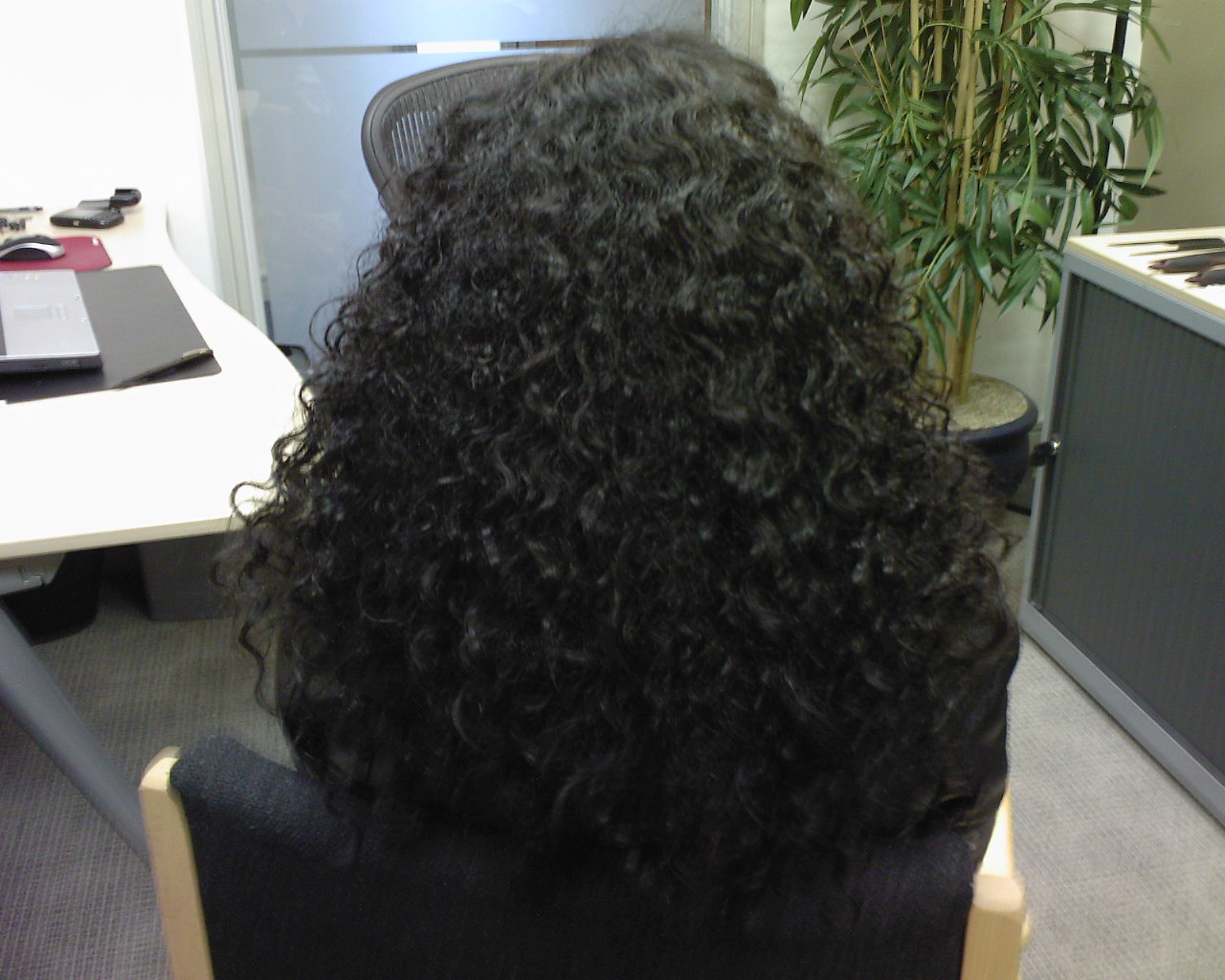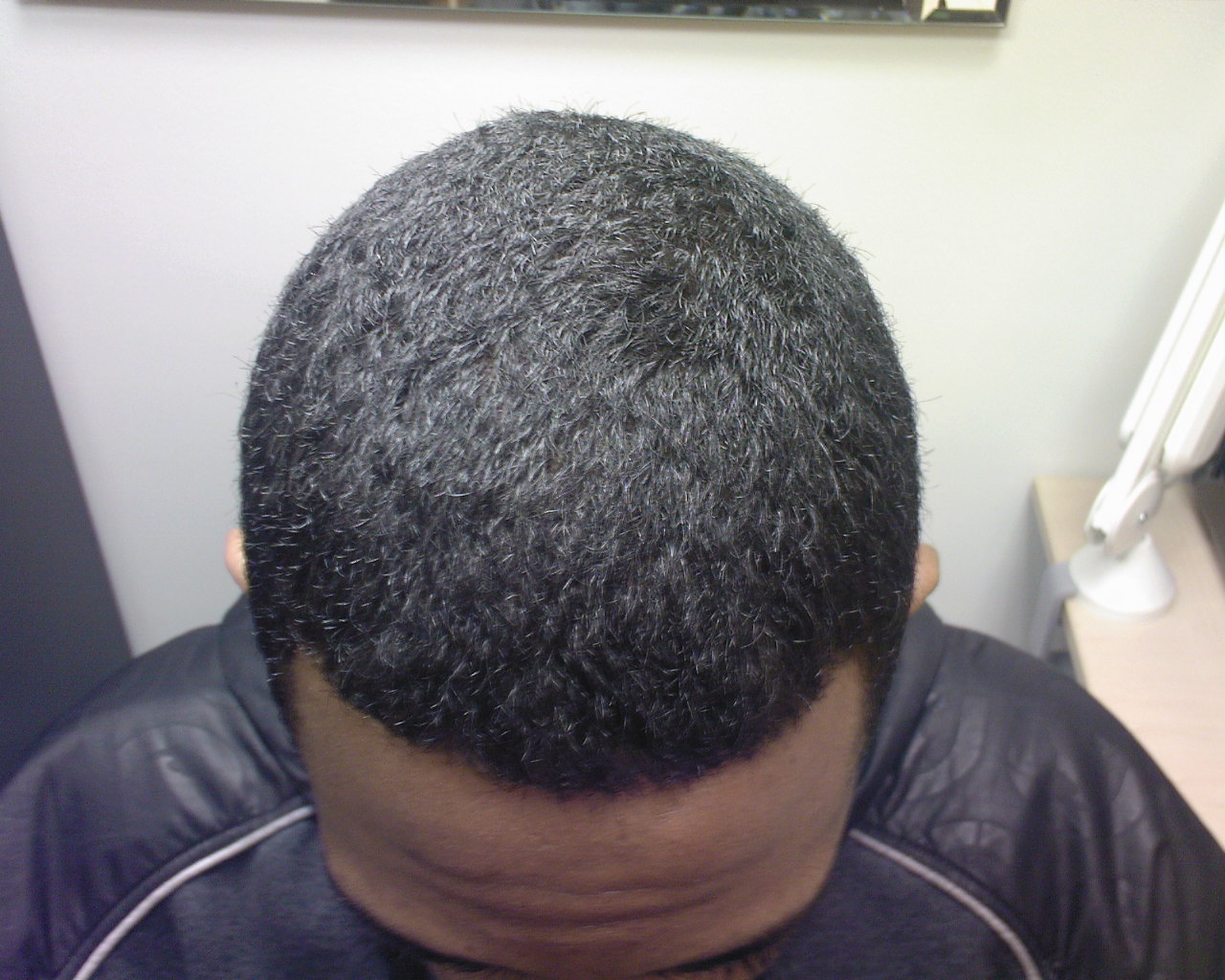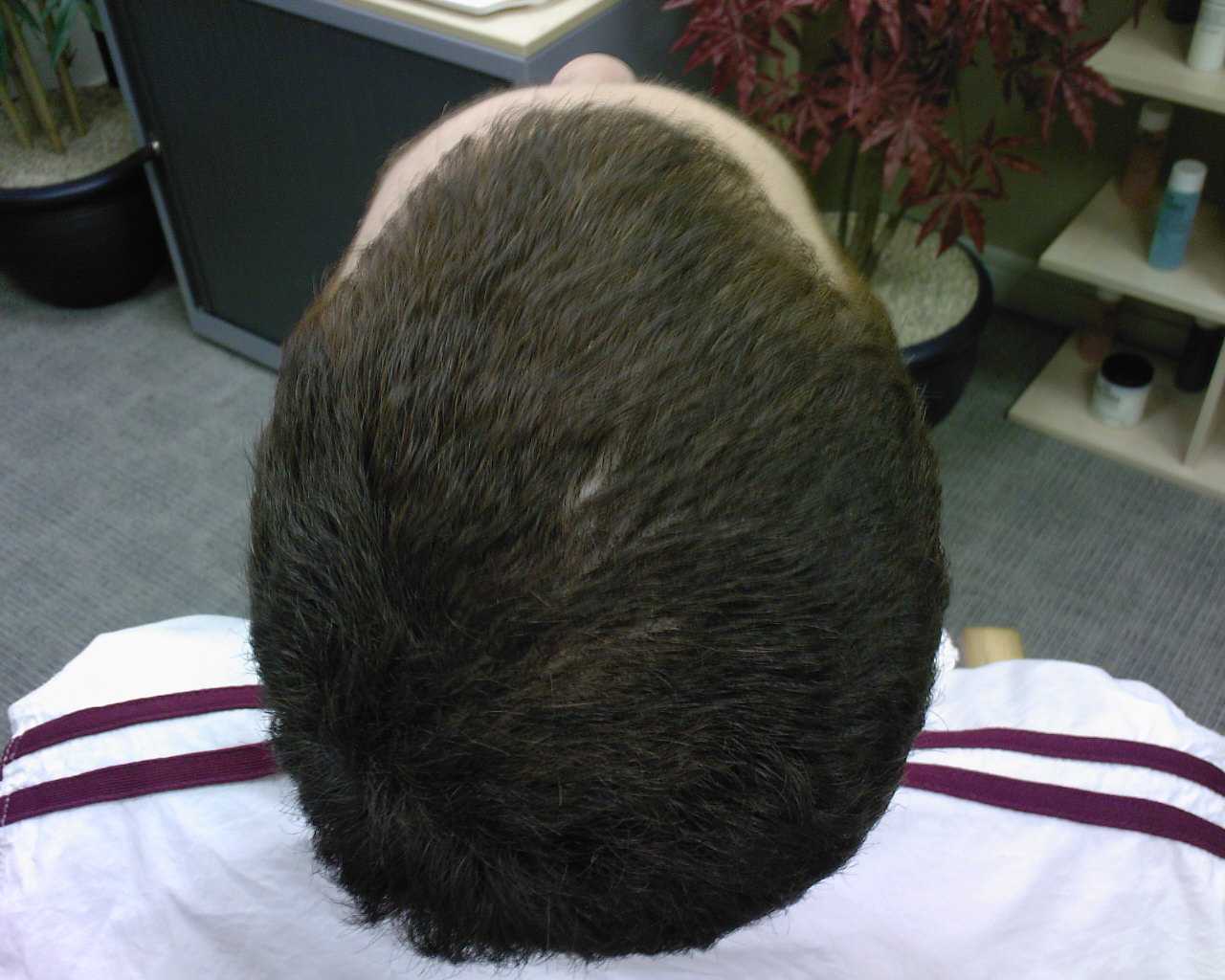Researchers discover gene linked to baldness
13.10.2008 in HAIR LOSS SCIENCELosing your hair? Blame your genes.
Researchers have discovered a gene mutation that, when combined with a previously discovered genetic abnormality, is linked to a seven-fold increase in the risk of developing male pattern baldness.
In a study of more than 1,100 men, researchers from McGill University in Montreal, along with scientists from King’s College London and GlaxoSmithKline Inc., found a genetic variation on chromosome 20 that increased the risk of male pattern baldness.
The findings do not yet represent a treatment or a cure for male pattern baldness, the researchers warned.
Further studies based on this new information will be needed to find a cure or a preventative treatment.
“We don’t know if we can stop (baldness),” Dr. Brent Richards of McGill University told CTV News. “First we have to figure out what (the variation) is doing and then design medications that can stop these pathways.”
The research team, which also included scientists from Iceland, Switzerland and the Netherlands, confirmed its findings in a second study of more than 1,600 men.
The study is published in the journal Nature Genetics.
Male pattern baldness is the most common form of baldness, where hair is lost above the temples and near the crown, leading to a distinctive m-shaped hairline.
About one-third of all men develop some form of male pattern baldness by age 45. Researchers estimate that about 80 per cent of cases are hereditary.
Hair loss has considerable economic and social ramifications. It is estimated that consumers in the U.S. spent US$115 million in 2007 on hair transplants, while worldwide medical therapy costs for baldness exceeded $405 million.
James Horton’s hair began thinning when he was in his teen years. Both his father and brother are “quite bald” and he was sure he would lose his hair, too.
He said he is prepared to investigate hair transplant options, particularly so he can look younger.
“I think personally I’d feel better about myself if I wasn’t so bald,” Horton told CTV News.
Scientists have long held a theory that baldness was inherited from the mother’s side of the family after researchers identified a link between a genetic variation on the X chromosome and male pattern baldness.
The researchers said that one in seven men has both the X chromosome and chromosome 20 mutations.
The study only included Caucasian men, which means researchers have yet to determine how their findings apply to the general population, including women.
About 40 per cent of women experience hair loss, mostly following menopause.
“Realistically I think we’re eight to 10 years away (from a cure). They still have to find a way to turn off the gene,” hair transplant physician, Dr. Robert Jones, told CTV News. “At this point I would say there is no cure for baldness.”
Do you have Hair Loss Problems, read our Hair Loss Help
no comment




